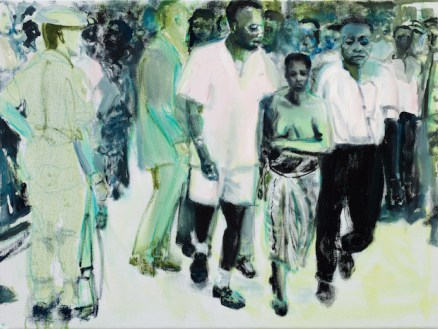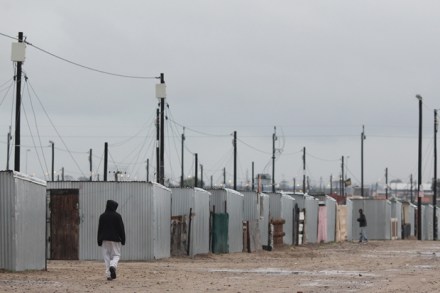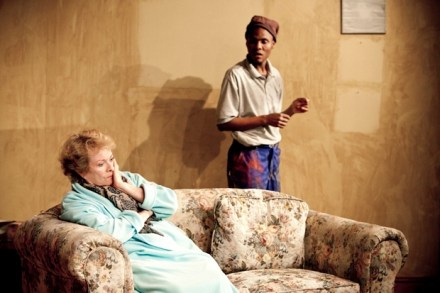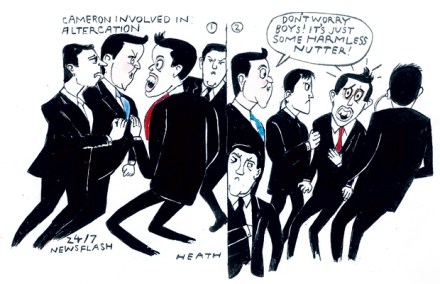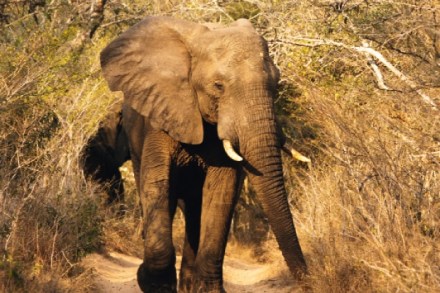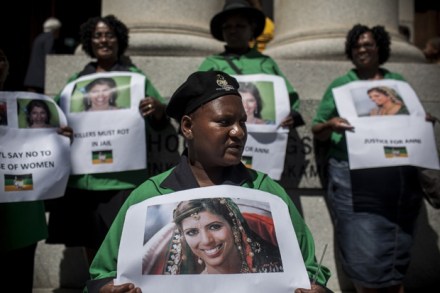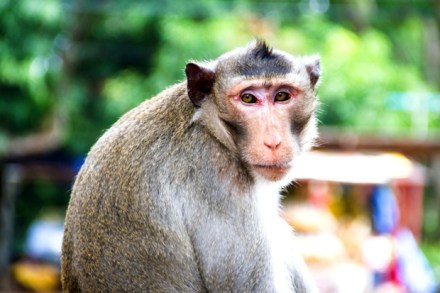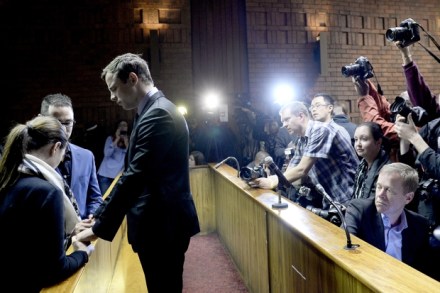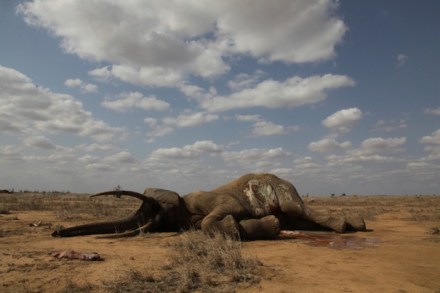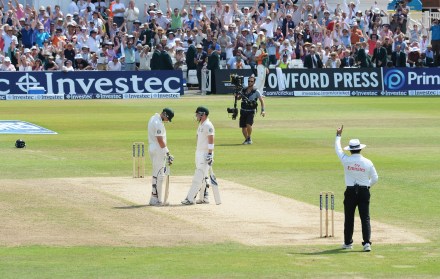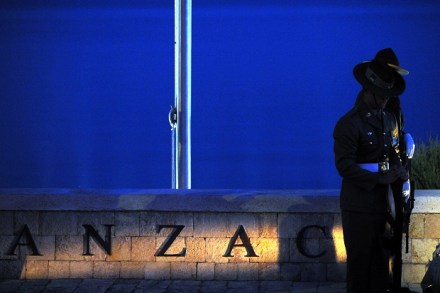Marlene Dumas at Tate Modern reviewed: ‘remarkable’
‘Whoever wishes to devote himself to painting,’ Henri Matisse once advised, ‘should begin by cutting out his own tongue.’ Marlene Dumas — whose work is the subject of a big new retrospective at Tate Modern — has not gone quite that far (and neither, of course, did Matisse). On the other hand, she does not hand out many clues as to what her work is all about. On the contrary, when Dumas says anything about her painting, it is inclined to be a self-deprecating paradox. ‘I paint because I am a woman,’ she states on her website. ‘(It’s a logical necessity.) If painting is female and insanity is a female
